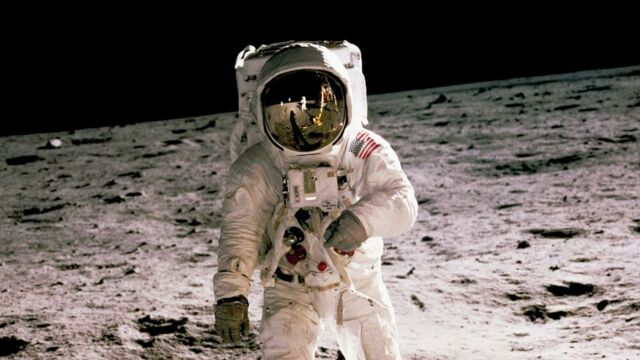Dying in space, what could it possibly be like? Of course, unless you are the grandson of an Elon Musk or a future Thomas Pesquet, it is unlikely to happen to you. But if an astronaut on a mission outside the ISS perishes, what would happen to their body?
Discover our latest podcast
The living conditions in space
In space, living conditions are very different from those on Earth. Sleeping, eating, moving around, or even having sex, do not work in the same way. As many astronauts have already told us, the body faces major changes. And if human life is transformed, what about death?
On Earth, blood stops circulating when we die, under the effect of gravity. Thus, it progressively accumulates at the level of the declining parts of the corpse: we call this phenomenon livor mortis. But in space, where there is no gravity, the blood would remain evenly distributed in the blood vessels.
After the livor mortis, comes the rigor mortis. And as its name indicates, it is the process during which the corpse becomes rigid. According to the American anthropologist and biologist Tim Thompson, it would also take place in space. Indeed, the two proteins of the muscular fibres, at the origin of the rigidification (actin and myosin) are always present inside the body.
A floating mummy in space?
But the really peculiar part in the process is the decomposition phase. We, earthlings, are lucky enough to have bacteria in our digestive system that eat our internal soft tissues, thus doing a wonderful job of 'recycling' organic matter.
The problem is that these bacteria need oxygen, and the body contains only a very limited amount of it. Once the oxygen reserves are exhausted, these bacteria would not survive, leaving the body almost intact. Thus, we could look like a kind of mummified cosmonaut, floating ad infinitum.
In any case, if humanity has never observed a space cadaveric decomposition, according to Tim Thompson, it is very likely that our body would keep a human form, indefinitely. However, there is no guarantee that it would keep it if it hit a celestial object.















